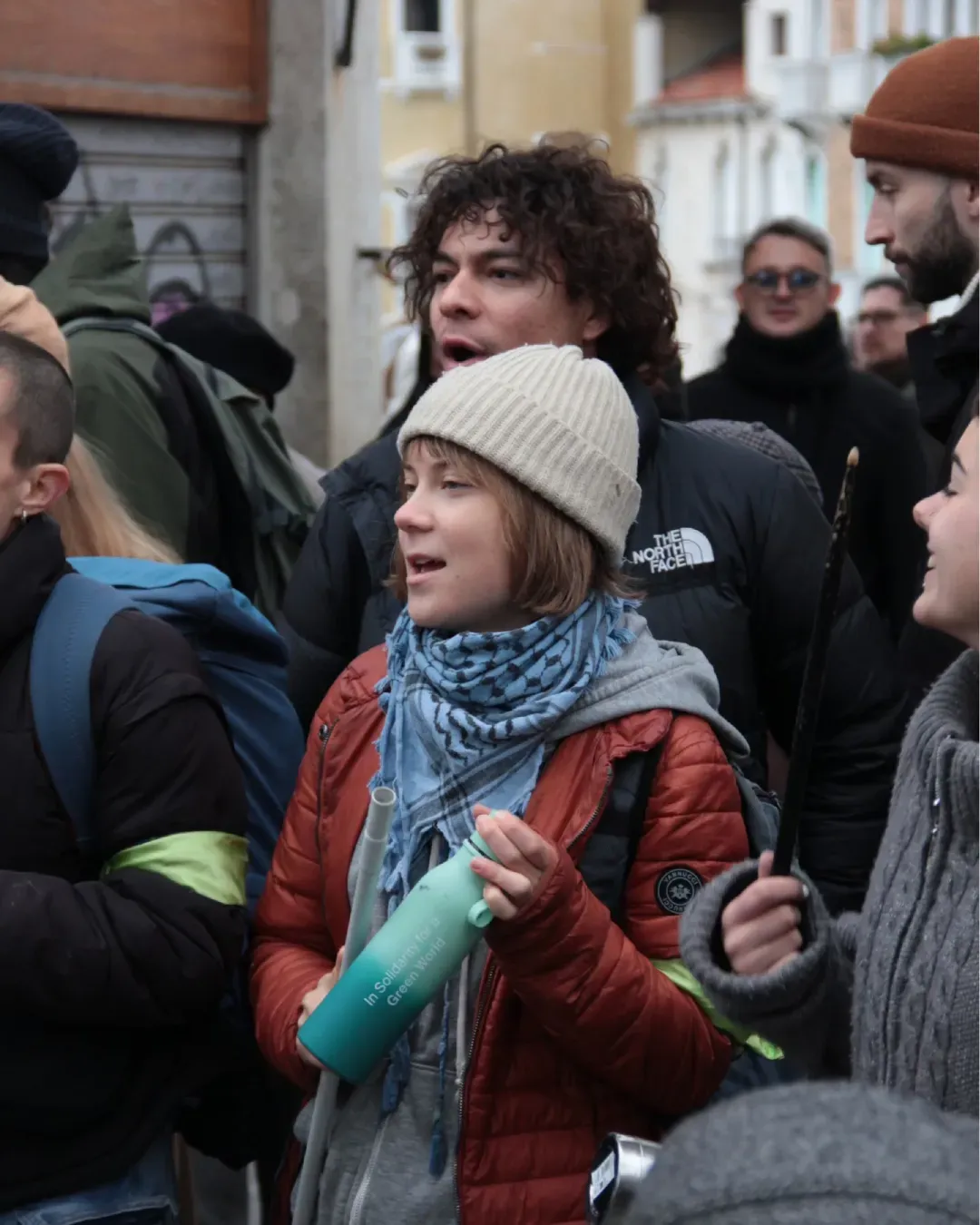
Does tourism in the South of Italy really bring wealth? Intuitively it would seem so, but a study related to Salento proved otherwise
Since the lockdown, abetted by a "back to basics" movement that has brought brands like Jacquemus and pages like @vita________lenta into vogue, the attention of tourists from around the world has focused on several Italian maritime regions such as Puglia, Liguria, Campania and Sicily entailing a large number of influxes that, especially this summer, have often put a strain on the infrastructure and accommodation industries throughout Italy. In public opinion "tourism" has become synonymous with "money": tourists fuel the economy, fill restaurants and stores, buy typical products and, as is often said, turn the economy around. Which has often led to a "re-functionalization" of many regions, which, from cities, have become tourist resorts whose economy becomes more and more dependent on services of a tourist nature while real businesses are disappearing. These days, however, an economic study and a journalistic exposé have pointed out that the belief that tourism alone can drive the economy of an entire region is fundamentally false.
The tourism that has impoverished Salento
In Salento stanno sbagliando tutto da anni: hanno cementificato, fatto i furbi, alloggiato gente nei garage, alzato i prezzi in modalità strozzinaggio. Di conseguenza c'è stato un crollo di presenze e come lo giustificano? Tutto calcolato, stanno selezionando un turismo d'élite
— jadarf (@jadarf1) August 12, 2023
The authors of The Limits of Tourism Development in the Italian South, a report examining the economic growth of the province of Lecce, for example, concluded that «tourism does not generate growth and that it is, if anything, local development that is a prius to increased inflows. The sector is also characterized by seasonality and very low wages. The shift from tobacco production to oil monoculture to tourism, however, confirms for this area the low propensity for capital accumulation and its being a peripheral area within the global capitalist development». In short, we were better off when the land was actually put to good use and not turned into a kind of amusement park of rural Italy. Especially since «local tourist inflows constitute a short-term and seasonal cash inflow and create a strong dependence on foreign or domestic markets. This is both with reference to the volatility of potential tourists' incomes and the changeability of preferences. [...] In addition, this is predominantly poor tourism, which only on rare occasions intercepts visitors with high incomes. In the province of Lecce, as of 2022, there are only 12 5-star hotels (out of a total of 3,122 hotels)».
Not to mention how AirBnB's do-it-yourself tourism eliminates the need to develop higher value-added services, reducing the demand for skilled workers who therefore emigrate and driving down the region's productivity. The study states that «the growth of the tourism sector has occurred in tandem with the reduction in the incidence of manufacturing in the region» but more importantly, that this economic stagnation due to habituation to the easy earnings from the tourism industry «contributes to increasing distributional inequalities [...] through the management of incoming flows by B&Bs, owners of hospitality, leisure and dining facilities owned by wealthy families, who are enriched by tourism». And even the jobs that tourism creates represent a kind of illusion since «the large local availability of young labor force depends on high unemployment, which in turn is caused by low demand (both domestic and foreign), highly dependent on the substantial disappearance of public employment outlets».
The problem of "poor labor"
@chamatteini Annunci di lavoro di m***a pt 225 Poi si lamentano che non riescono a trovare personale #lavoro #sfruttamento #giornalismo #imparacontiktok #annuncidilavoro #turismo #ristorazione #napoli suono originale - Charlotte Matteini
Then there are numerous complaints in southern Italy about the quality of services offered, the ability of tour operators to speak English or even just serve tables professionally. A decline in quality that does not match the prices that instead fly to the other. Which is due to the fact that people are no longer looking for more "serious" professionals, even in retail and catering, but are relying on poorly trained and often exploited seasonals. In a recent investigation by Il Fatto Quotidiano regarding precarious work in Milan, Charlotte Matteini corroborated with evidence what many perhaps already perceived-that it is based on the logic of exploitation. The jobs for which skilled workers cannot be found, those in catering and retail, are incidentally also the kind of temporary jobs that abound in tourist resorts, and which also represent «the two sectors with the highest incidence of irregularities» and so they see waiters and bartenders and sales clerks, but also cleaners and the staff of bathing establishments not only underpaid but also subjected to hours that go far beyond the hours stipulated in part-time or regular contracts. The effect is that the real professionals leave, and in their place come employees who will stay very little and perhaps even do a worse job. In the restaurant industry, according to the Fatto, there comes a 76 percent level of illegal work, which the article would seem to suggest is a malpractice of the country in which «there is a widespread unhealthy idea that a young person must accept whatever conditions are offered, a kind of distortion in which the gavetta ends up resembling a modern-day slavery».
Thesis that points out how, for example, the business of seasonal employment that often gives the impression of creating employment and opportunities for young people, in the long run, only ends up lowering the quality of services offered and resulting in a pattern of growth so short-range that it actually results in degrowth. In the Romagna Riviera, according to the Corriere «8 out of 10 employees exceed 60 hours per week and as many as 40 percent do not enjoy overtime, having to make do at best with tax-free out-of-pocket pay at less than 7 euros per hour». While Massa Carrara's CGIL secretary, Nicola del Vecchio, told La Nazione: «Inflation erodes wages, manufacturing is in crisis in the regional context [...]. When it comes to the tourism sector then, let's not just talk about a lack of professionalism, because we are often faced with working conditions that are inadequate to expectations and do not respect contractual prerogatives». Data that everyone, if they do not know, can at least confirm from first- or second-hand experience. The real question is what will it take to break the cycle?















































